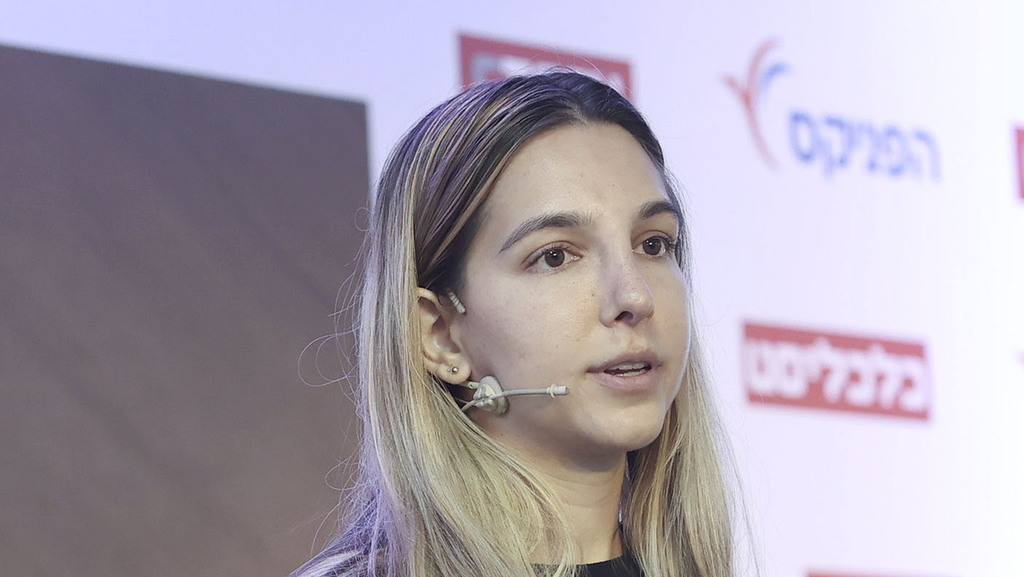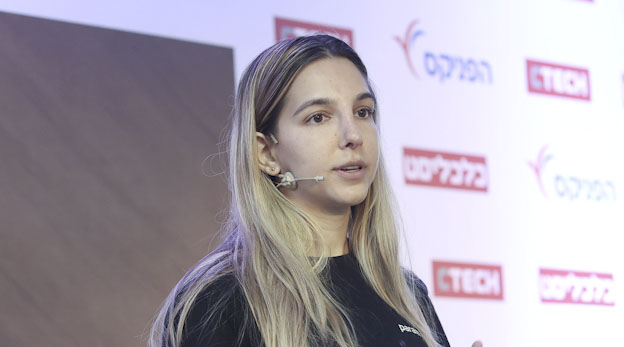
FinTech 2021
“Companies are more interested in protecting their technological assets than physical assets”
Parametrix co-founder Neta Rozy explained at Calcaist FinTech 2021 how technological malfunctions can cost companies millions, even if it was not their fault
Irit Avisar | 11:35, 30.06.21
“Today companies are much more interested in protecting their technological assets like cloud and data, than physical assets like a building. Security priorities have changed," said Neta Rozy, co-founder of insurtech company Parametrix while discussing the collapse of cloud-based systems at Calcalist's Fintech 2021 Conference Tuesday.
“If before Corona we thought technology was evolving fast, during the pandemic, we discovered that it could be much faster. Therefore, one of the most important values for companies is to be available and safely active. Technological infrastructure failure is one of the biggest risks for technology companies," Rozy said. Rozy presented a number of examples of technology companies that experienced a technological infrastructure failure that shut them down for several hours in the past month. "When that happens it leads to anger and panic among users, as well as a search for who is to blame. Even if the problem is solved, it takes the company time to get back to full activity. Sometimes that time is longer than the time of the malfunction," Rozy said. According to Rozy, the damage from a shutdown can cost as much as millions of dollars an hour. “The damage is the loss of activity for not being available, the length of time it takes to return to full and normal activity even if the problem is resolved, the loss of work hours that employees do not work, and the damage to your reputation," she said. Rozy noted that this risk is hard to manage because sometimes it is not the company’s fault and rather a third party’s responsibility. She cited a malfunction trading app Robinhood experienced, "the company significantly compensated its customers, even though it was not legally obligated to do so. It did so only to reduce reputational damage from the malfunction," she explained. Rozy noted that there are a number of steps any company can take to better prepare for such risks, including mapping their systems. “The last tier is the insurance tier, which we provide, and is compensation for the falls and the financial damages involved,” Rozy said.